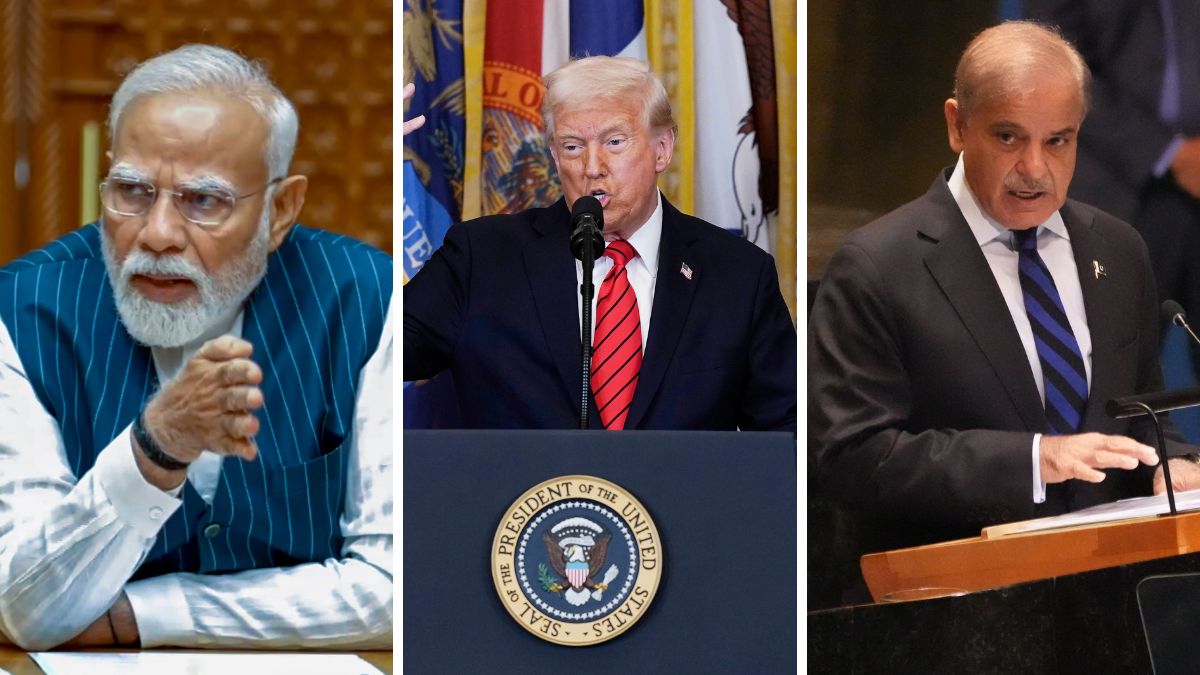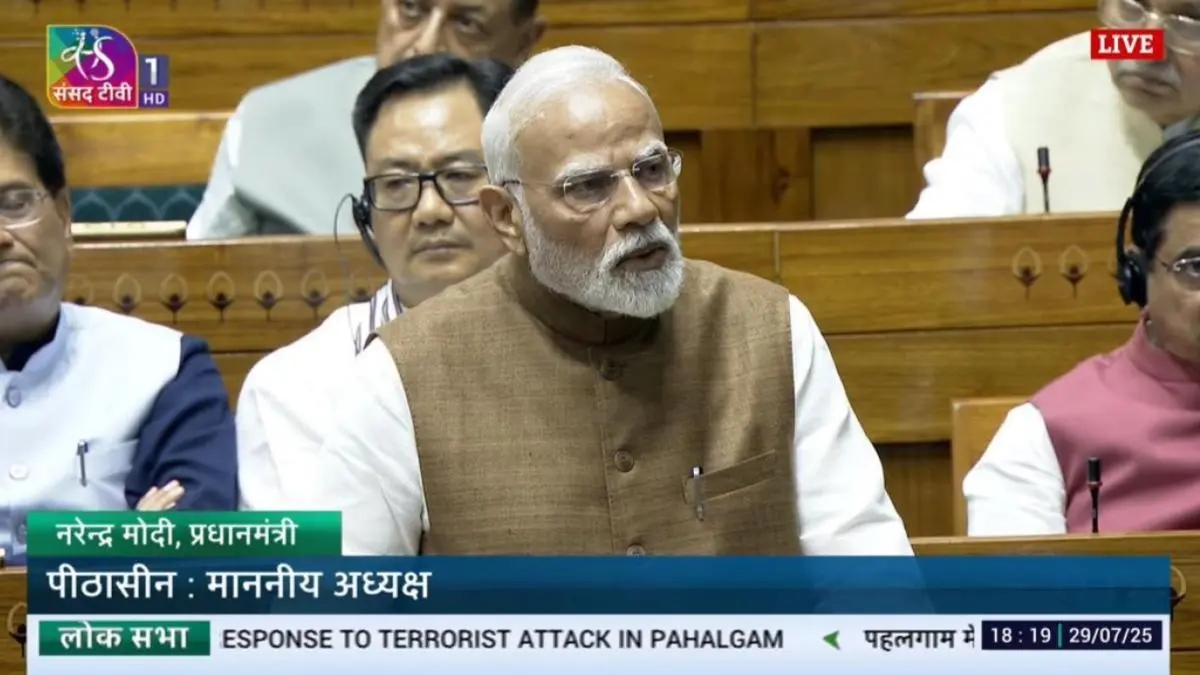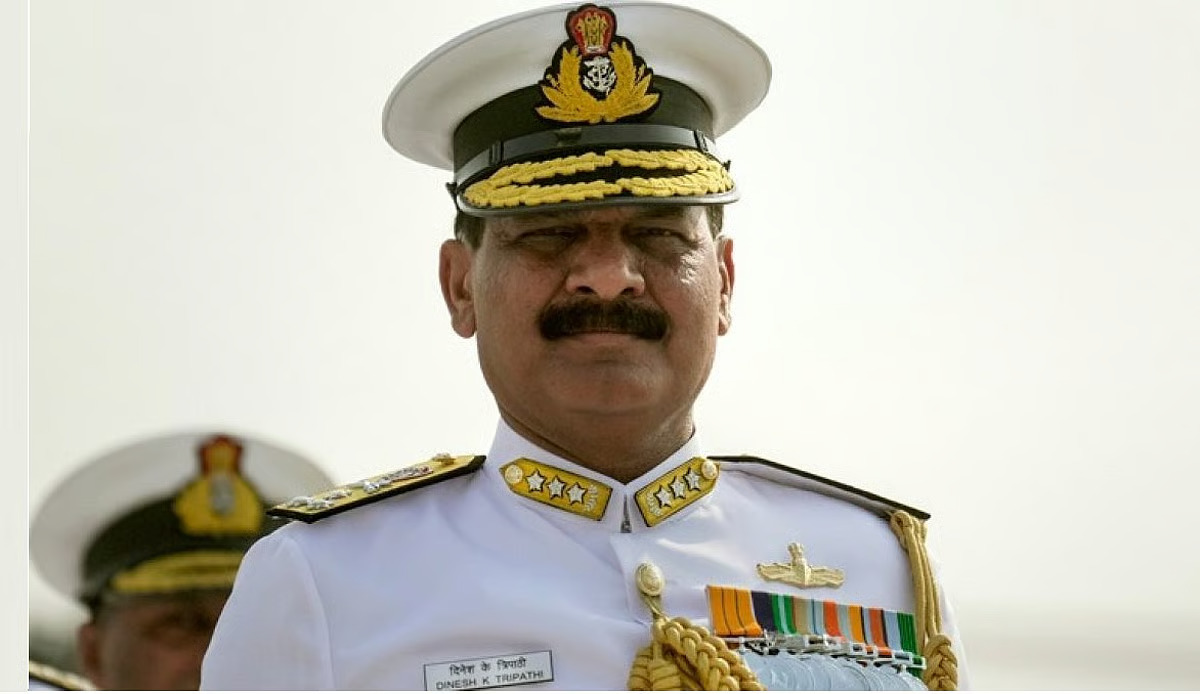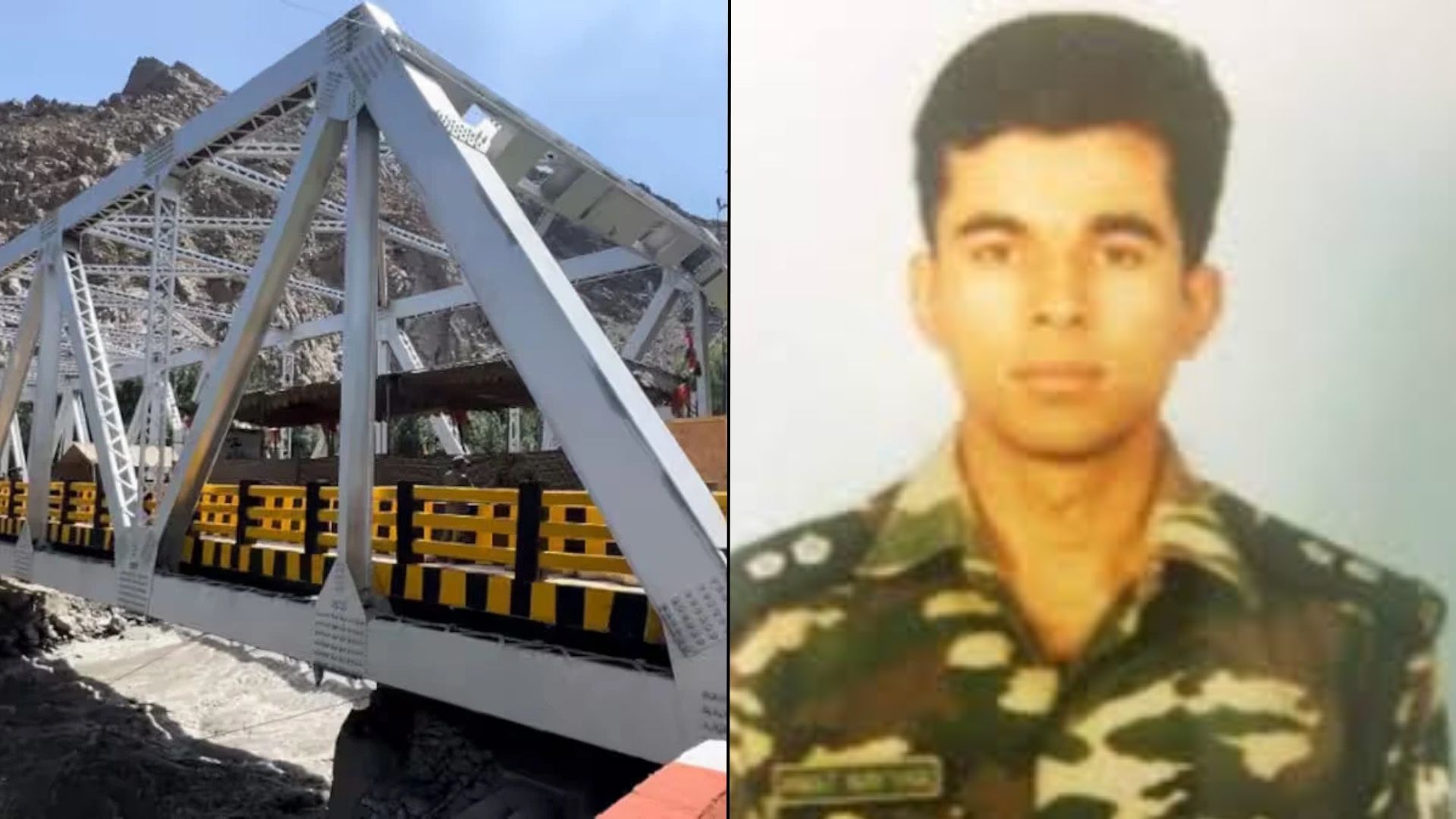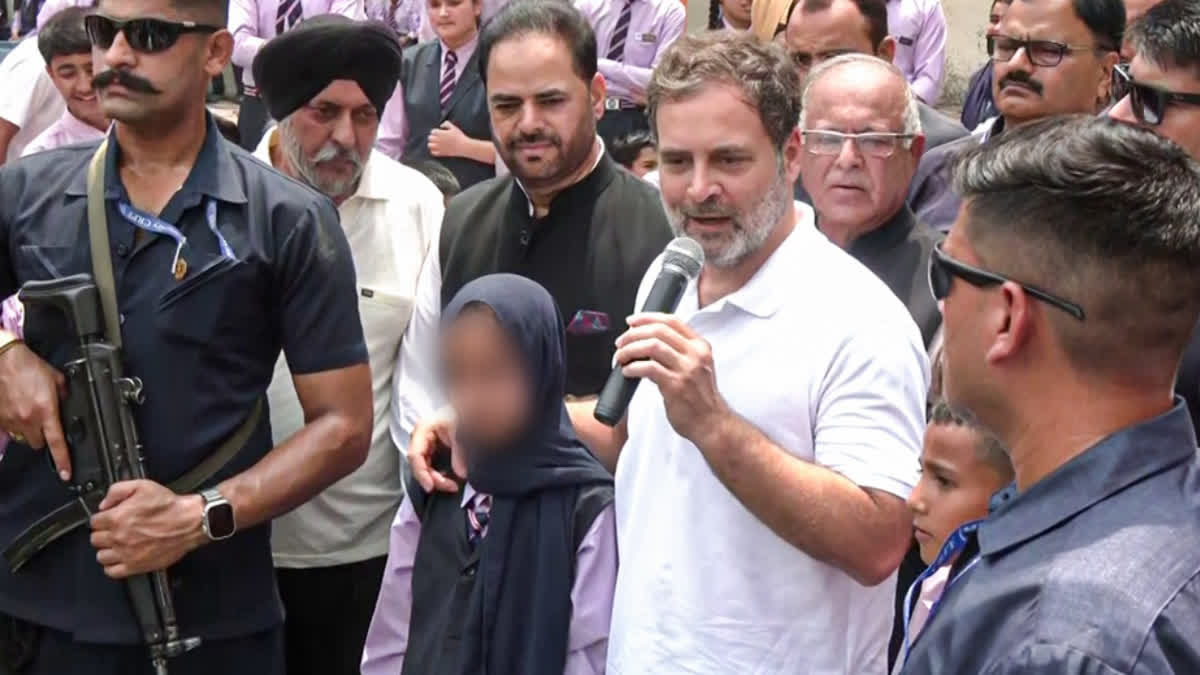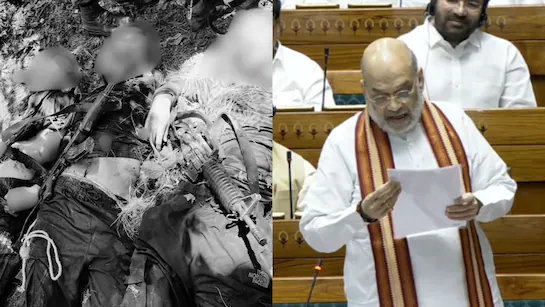No World Leader Asked India to Halt Operation Sindoor, Says PM Modi
Prime Minister Narendra Modi told the Lok Sabha that no international leader urged India to stop its military retaliation during…
India Destroyed 1,000 Missiles, Drones Launched by Pakistan on May 9: PM Modi
Prime Minister Narendra Modi on Tuesday informed the Lok Sabha that Indian armed forces successfully intercepted and destroyed 1,000 missiles…
Navy Chief Admiral Dinesh K Tripathi Embarks on Four-Day Official Visit to Japan
Admiral Dinesh K Tripathi, the Chief of the Naval Staff (CNS), has embarked on a four-day official visit to Japan…
Kargil Bypass Bridge Named After Captain Anuj Nayyar in Solemn Ceremony Organised by Indian Army
A solemn naming ceremony was held for the newly constructed Kargil Bypass Bridge, which has been officially named ‘Captain Anuj…
Rahul Gandhi to Sponsor Education of 22 Children Orphaned in Pakistan Shelling During Operation Sindoor
Leader of Opposition Rahul Gandhi will sponsor the education of 22 children from Jammu and Kashmir’s Poonch district who lost…
Amit Shah: Pahalgam Attackers Eliminated in Operation Mahadev, Guns and Pak-Made Chocolates Found
Union Home Minister Amit Shah on Tuesday confirmed in Parliament that the three terrorists responsible for the April 22 Pahalgam…

